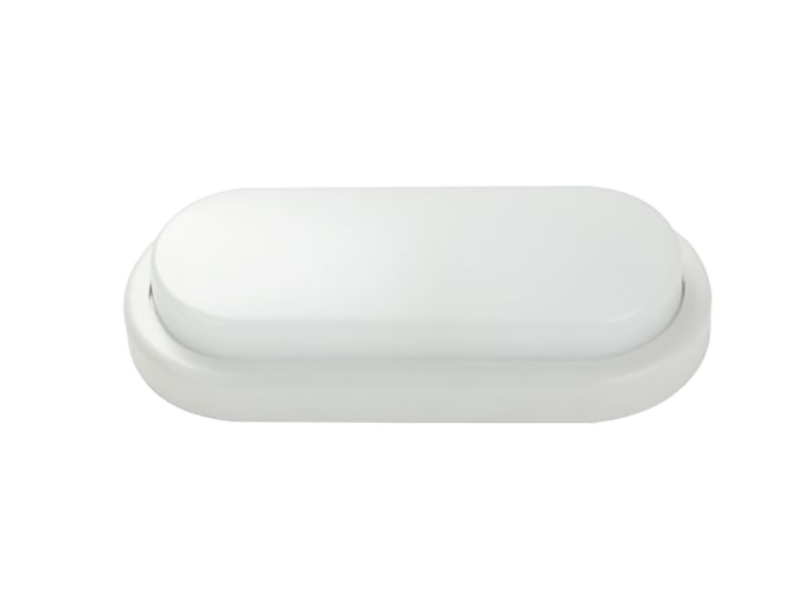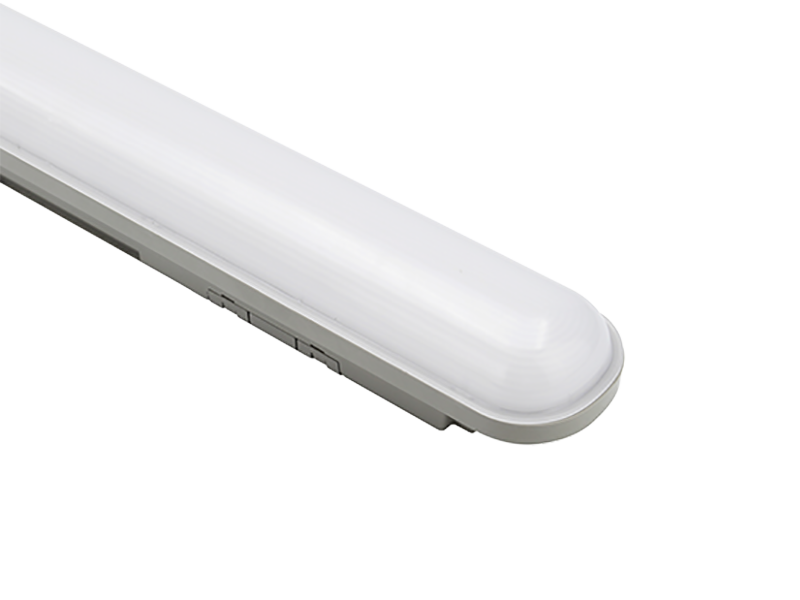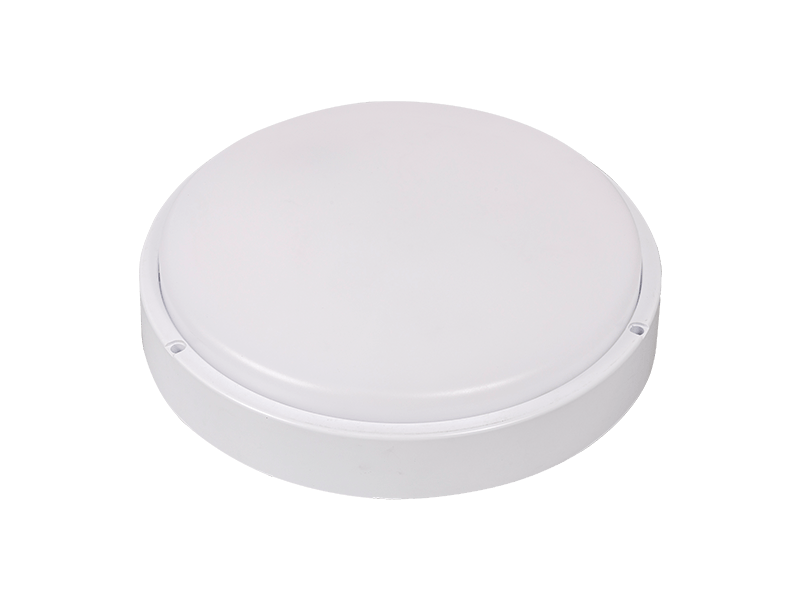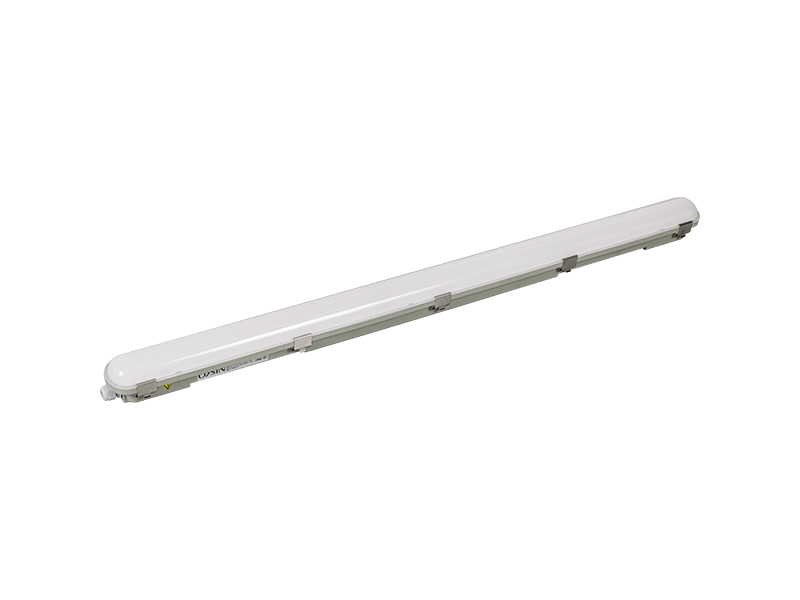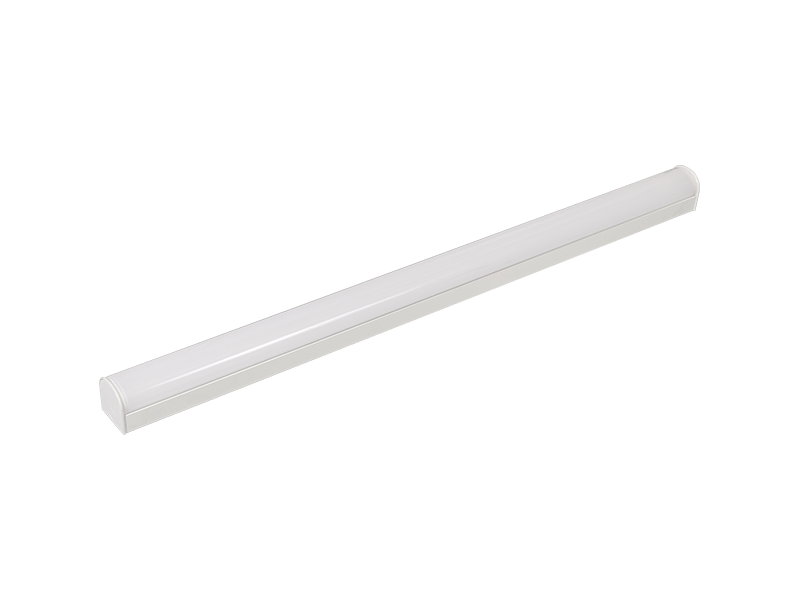The suitability of brass plumbing fittings to withstand corrosion and endure harsh water conditions is a topic of significant importance for plumbing systems. Here are the key considerations that influence their performance in such environments:
-
Brass Composition: The specific brass alloy used in fittings is a pivotal factor. Brass fittings are typically composed of copper and zinc, but their alloy makeup can vary. Certain brass alloys, like lead-free DZR (Dezincification Resistant) brass, are exceptionally corrosion-resistant and ideal for use in aggressive water conditions.
-
Water Quality: The quality and chemical composition of the water flowing through the plumbing system can significantly affect corrosion. Harsh water conditions characterized by high mineral content, acidity, or contaminants can expedite corrosion. Water quality testing and treatment may be necessary in extreme cases.
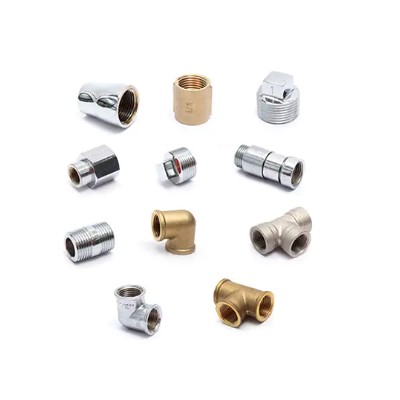
-
Temperature: Elevated water temperatures can intensify the risk of corrosion, particularly in regions with hard water. The combination of high temperature and mineral-rich water can lead to scale accumulation and eventual corrosion.
-
Galvanic Corrosion: When brass fittings come into direct contact with dissimilar metals, such as iron or steel, it can create a galvanic cell, resulting in galvanic corrosion. Employing proper dielectric unions or isolation techniques is essential to prevent this type of corrosion.
-
Maintenance: Regular maintenance and thorough inspection of the plumbing system can help detect early signs of corrosion. Timely identification allows for the implementation of corrective measures to prevent further damage.
-
Proper Installation: Ensuring the correct installation of brass fittings with suitable thread sealants, pipe joint compounds, and gaskets is vital. This practice not only prevents leaks but also minimizes the likelihood of corrosion.
In summary, brass plumbing fittings possess inherent corrosion resistance; however, their performance in challenging water conditions hinges on various factors, including brass alloy composition, water quality, temperature, and correct installation. In environments with demanding conditions, opting for high-quality brass fittings and proactively applying preventive measures can effectively prolong their lifespan and preserve their resistance to corrosion.

 Search
Search English
English Español
Español